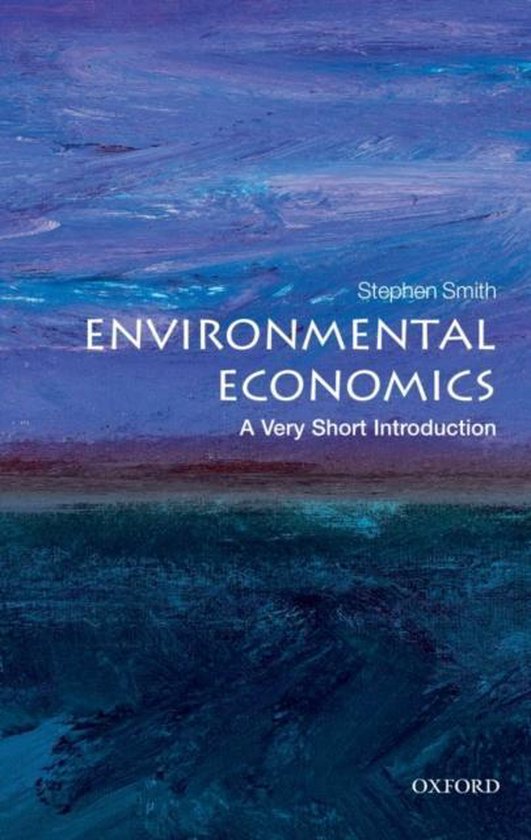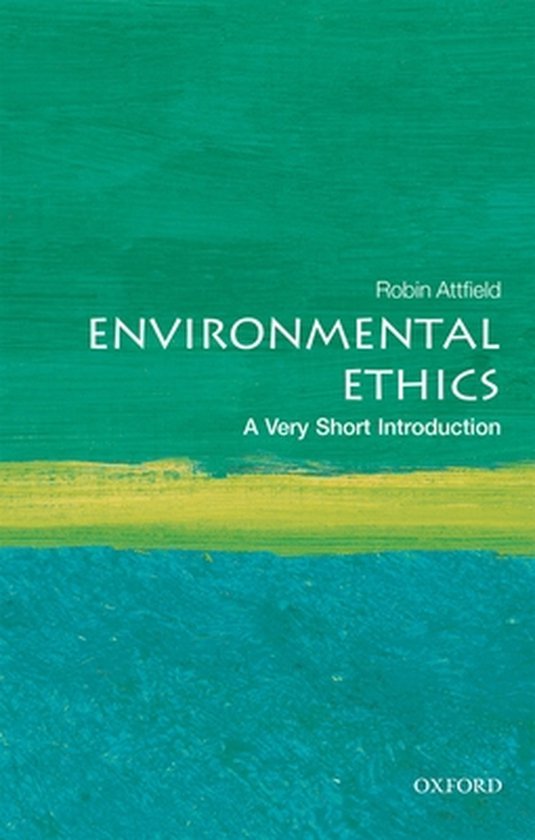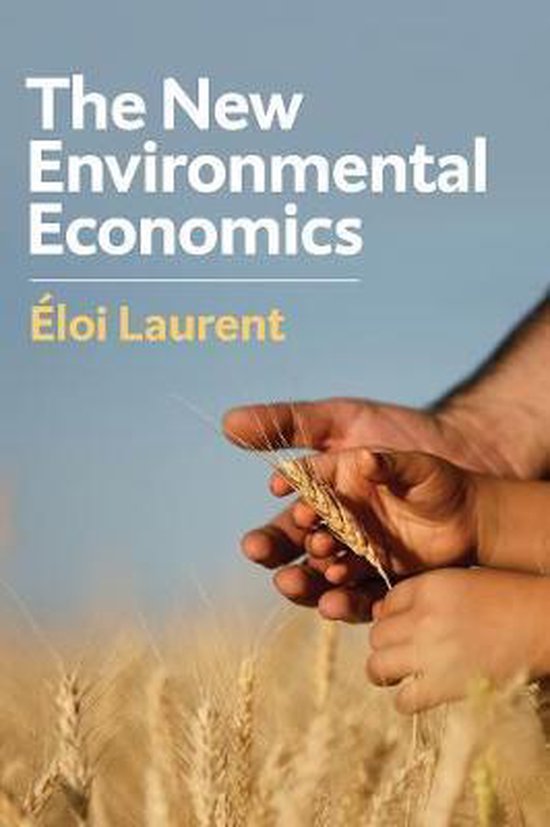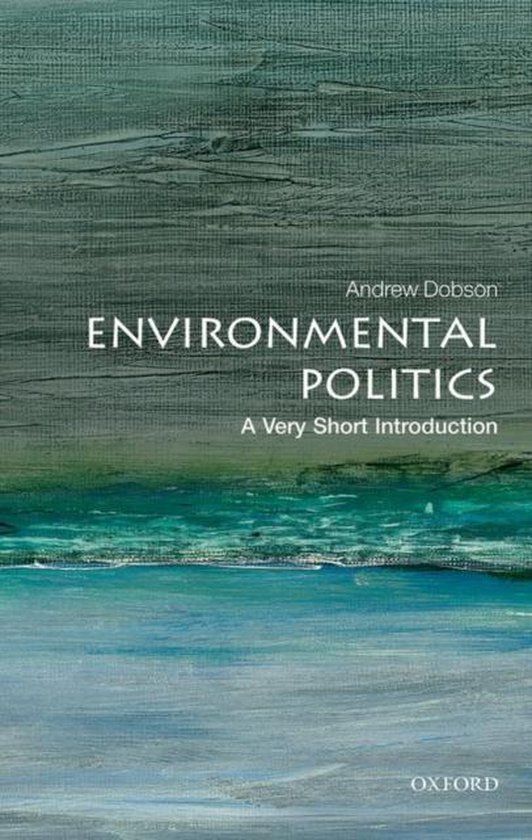Rbizo.com
Environmental economics very short intro

Rubriek: Textual/Printed/Reference Materials - Boek
Prijs: € 9.04
Rating: 0/5
☆
☆
☆
☆
☆
Verzending:
Uiterlijk 22 november in huis
Uiterlijk 22 november in huis
Inhoudsopgave:
Omschrijving:
Environmental economics can be controversial, but it is also central to some key policy issues facing governments and society today, including industrial pollution, global warming, and waste/recycling. Stephen Smith looks at how economic activity affects the environment in which we live, and how environmental policies can most effectively be used.
If environmental protection is costly, how much should we spend on pollution control? Is it worth reducing pollution to zero, or should we accept some level of pollution because of the economic benefits associated with it? How can we assess the benefits that people get from a less-polluted atmosphere? In broad terms, environmental economics looks at how economic activity and policy affect the environment in which we live. Some production generates pollution, such as power station emissions causing acid rain and contributing to global warming, but household consumption decisions also affect the environment, where more consumption can mean more waste sent to polluting incinerators. However, pollution is not an inevitable consequence of economic activity - environmental policies can require polluting firms to clean up their emissions, and can encourage people to change their behaviour, through environmental taxes on polluting goods, for example. Generally, though, these measures will involve some costs, such as installing pollution control equipment. So there's a trade-off: a cleaner environment, but economic costs. In recent years, many economists have argued for greater use of incentive in the form of pollution charges and emissions trading rather than more traditional direct regulation of polluters. In this Very Short Introduction, Stephen Smith discusses environmental issues including pollution control, reducing environmental damage, and global climate change policies, answering questions about how we should balance environmental and economic considerations, and what form government policies should take. Including many illustrative case studies and examples he shows that this is an exciting field of economics, and one that is at the heart of many public debates and controversies. ABOUT THE SERIES: The Very Short Introductions series from Oxford University Press contains hundreds of titles in almost every subject area. These pocket-sized books are the perfect way to get ahead in a new subject quickly. Our expert authors combine facts, analysis, perspective, new ideas, and enthusiasm to make interesting and challenging topics highly readable.
- Bekijk alle specificaties
Beste alternatieven voor u.

Environmental Ethics: A Very Short Introduction
Rating: 0 / 5 | Prijs: € 9.04
Robin attfield introduces environmental ethics exploring the values involved in issues such as pollution habitat loss and climate change considering the different groups involved in environmental ethics and the attitudes of the world s religions to environmental stewardship he calls for action
Uiterlijk 22 november in huis .. MEER INFO

The New Environmental Economics Sustainability and Justice
Rating: 0 / 5 | Prijs: € 23.99
Too often economics disassociates humans from nature the economy from the biosphere that contains it and sustainability from fairness when economists do engage with environmental issues they typically reduce their analysis to a science of efficiency that leaves aside issues of distributional an
Uiterlijk 22 november in huis .. MEER INFO

Environmental Politics
Rating: 0 / 5 | Prijs: € 9.04
Environmental politics is an established part of the political landscape covering a host of different issues and impacting society businesses and individuals andrew dobson explores the various actions ideas and dimensions that shape environmental politics both on a local and global scale a
Op voorraad. Voor 23:59 uur besteld, morgen in huis .. MEER INFO
Product specificaties:
Taal: en
Uitvoering: Paperback
Oorspronkelijke releasedatum: 22 september 2011
Aantal pagina's: 136
Illustraties: Met illustraties
Hoofdauteur: Stephen Smith
Hoofduitgeverij: Oxford University Press
Extra groot lettertype: Nee
Product breedte: 112 mm
Product hoogte: 8 mm
Product lengte: 172 mm
Studieboek: Ja
Verpakking breedte: 113 mm
Verpakking hoogte: 12 mm
Verpakking lengte: 172 mm
Verpakkingsgewicht: 123 g
EAN: 9780199583584